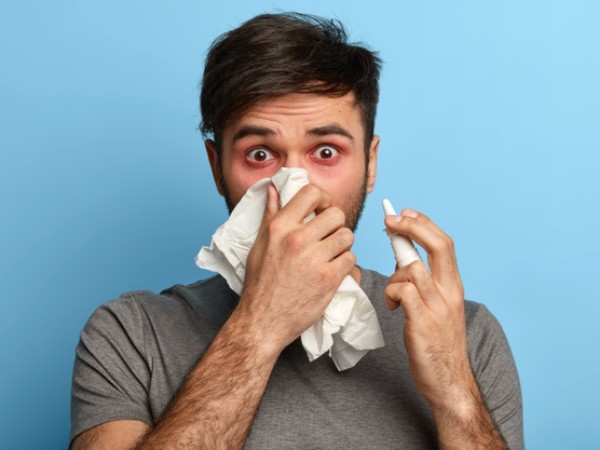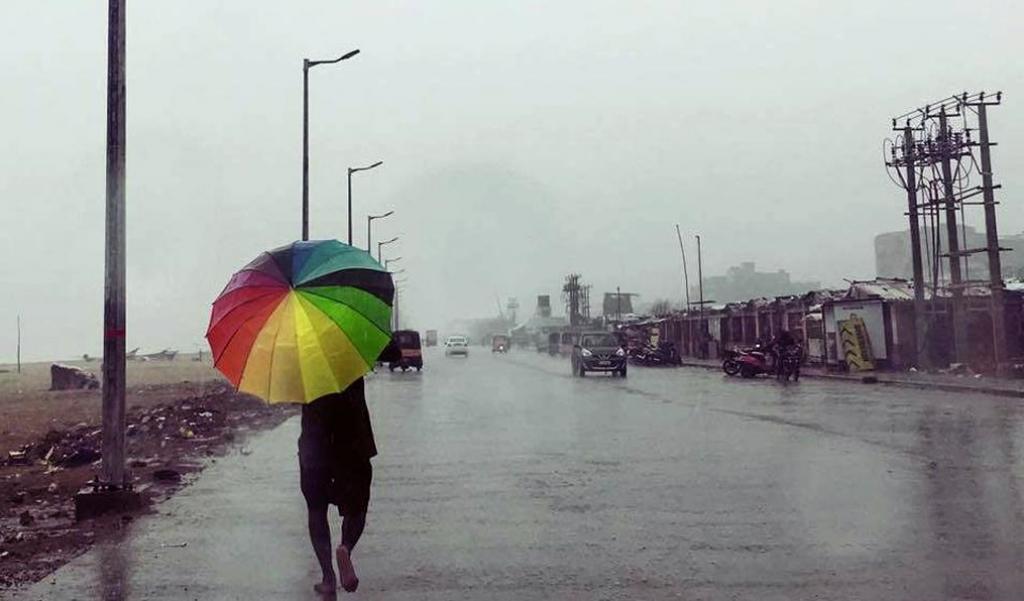Do you fall sick when the weather changes?
We have all heard someone we know speaks about getting sick because of the weather change.
And see a lot of people fall ill at the outset of the monsoon season. As a doctor, I have always wondered why this happens. Is the change in weather really responsible for ill health or is there something else going on!? Here’s what happens:

Viral Infections
- A drop in temperature and humidity makes it a favorable environment for certain viruses to flourish or propagate.
- Our bodies can interpret a significant change in weather as a stressful event. The immune system fights off infections. When stressed, our immunity is lowered, and we are more susceptible to disease.
Exposure to lower temperatures, like getting/staying wet in the rains, makes us more vulnerable to infections. This along with exposure to various viruses can precipitate an illness. - Specific viruses peak at different times of the year and are affected by either an increase or a decrease in temperature and humidity.
- Viruses can like the Rhinovirus can thrive in cold temperatures. This virus is responsible for over 40% of all colds.
- Spending more time indoors in a closed environment can help spread the virus from one person to another. This is because you spend more time rebreathing the same air. If you use air conditioners that haven't been cleaned/ serviced
regularly, you may be exposed to dust/ mold which can aggravate allergies. - During winters, cold air and drier or inflamed mucous membranes of the nose and throat make it easier for viruses to enter the body.
- The monsoons along with waterlogging, make a perfect breeding ground for mosquitos. Mosquitos are carriers of viruses like dengue and blood parasites like malaria. Malaria was previously
thought to be caused by "bad air" (mal=bad, aria=air).
Allergies
- Allergy flare-ups are more common during weather changes. This is because pollen and other allergens are more prevalent during these months.
- Heat can aggravate asthma symptoms. Thunderstorms in the summer can cause "summer colds."
- Cold temperatures can also trigger seasonal asthma.


Drop-in Barometric pressure
- People with autoimmune disorders may feel worse when the barometric pressure drops.
- Barometric pressure drops can aggravate migraines.
Common symptoms
A blocked nose | A runny nose | An itchy throat| Itchy eyes | Watery eyes Sneezing | Headaches | Breathlessness and wheezing in asthma

Ways to prevent Weather change illnesses
- Good Hygiene: Wash your hands with soap and water. Unlike COVID 19, Rhinovirus can survive on workstations for up to 48 hours (click here to read more)
- Wear a Mask: Wearing a mask can prevent your exposure to various varus/bacteria as well as multiple allergens. This is particularly useful when someone around you has a cold. You can also wear a mask when you have a cold and don't want it to spread to others while sneezing/coughing
- Preventive inhalers: Take these before you usually get symptoms (Asthma patients)
- Get Flu Vaccines: A yearly flu shot can prevent influenza
- Keep Physically Activ
- Get Adequate Sleep
- Manage your stress level
- Drink Enough Water and stay hydrated
- Eat a well-balanced diet: Foods rich in antioxidants and Vitamin C / Zinc
Taking precautions helps protect you and your family from becoming ill and trapped in the never-ending cycle of passing around a cold or flu virus for weeks. They won't make the cold weather go away, but you'll be healthier while waiting for spring's warmer weather.
For more information on essential testing leave your details in the form below.

